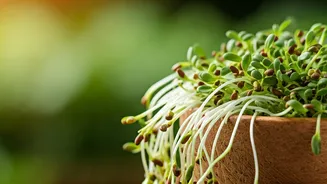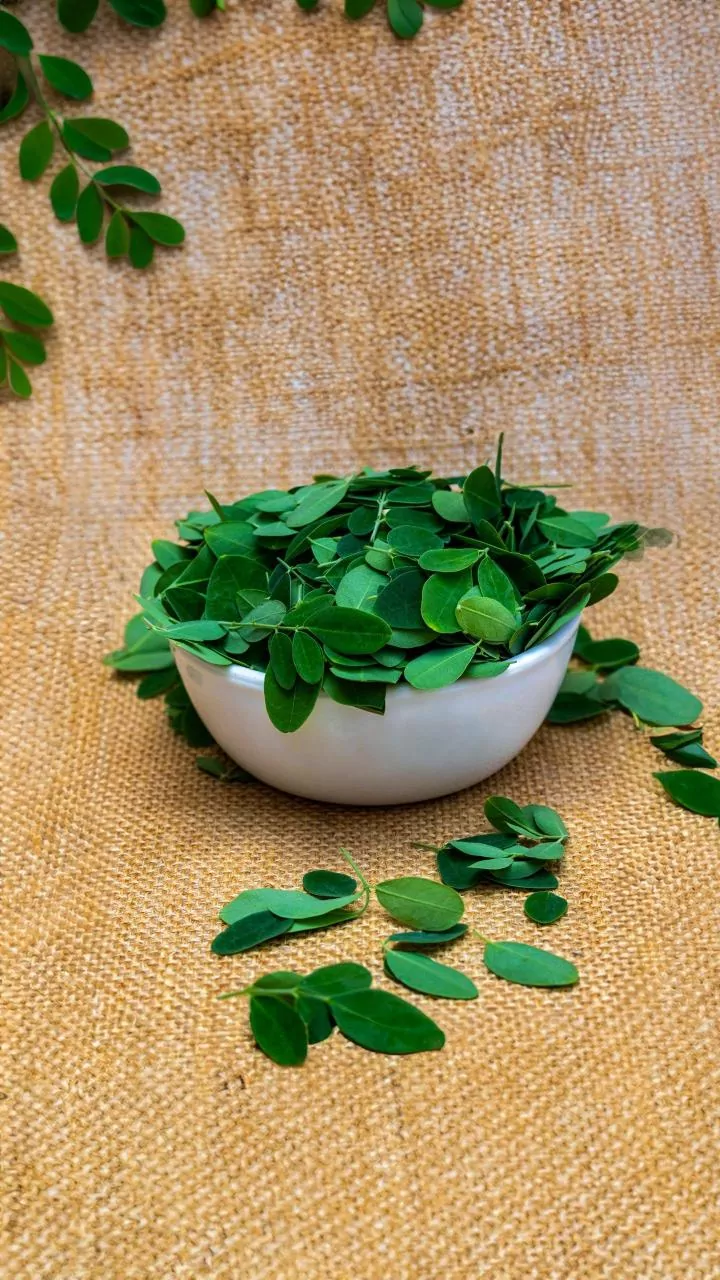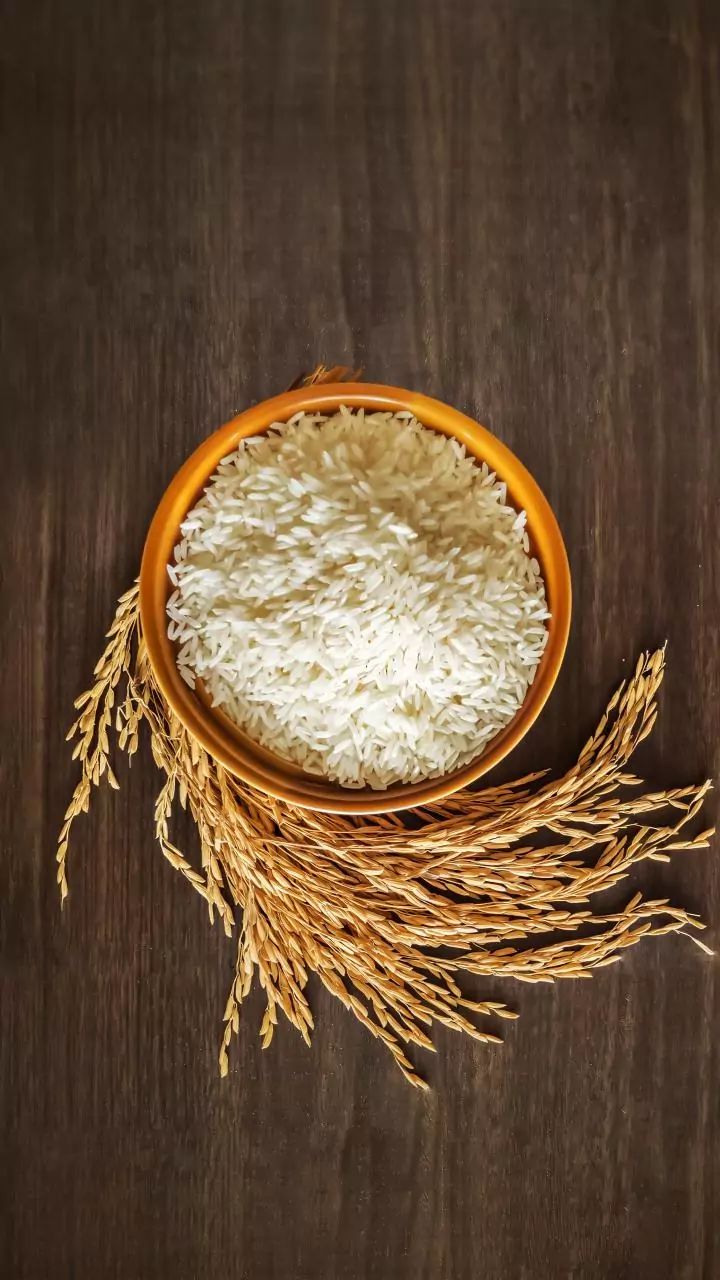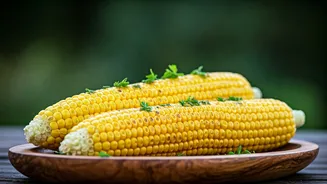Alfalfa's Nutritional Powerhouse
Alfalfa, a plant often associated with animal feed, is actually a treasure trove of nutrients that can significantly benefit your hair. It's packed with vitamins
A, D, E, and K, all vital for healthy hair growth. These vitamins support cellular repair and renewal within the scalp, fostering an optimal environment for hair follicles. Alfalfa is also rich in essential minerals like calcium, magnesium, potassium, iron, and zinc. Iron, in particular, plays a crucial role in preventing hair loss by aiding in the production of hemoglobin, which carries oxygen to the hair follicles. Zinc is essential for hair tissue growth and repair. Moreover, alfalfa contains a notable amount of protein, which is the fundamental building block of hair. Protein deficiency can lead to brittle hair and hair loss, making alfalfa's protein content crucial for maintaining strong, resilient strands. By consistently providing these essential nutrients, alfalfa strengthens hair from the roots, promoting thickness and reducing breakage, which ultimately contributes to a fuller, healthier head of hair.
Incorporating Alfalfa into Routine
Integrating alfalfa into your hair care regimen can be done in various ways, each offering its unique benefits. One common method is using alfalfa powder. The powder can be mixed with water or other carrier oils, like coconut or olive oil, to create a nourishing hair mask. Apply this mask to your hair, ensuring complete coverage from roots to tips, and leave it on for 20-30 minutes before rinsing thoroughly. Another approach involves using alfalfa sprouts, which are known for their high concentration of nutrients. While less common, consuming alfalfa sprouts can contribute to hair health from the inside out. They can be added to salads, sandwiches, or smoothies. However, remember to consume alfalfa in moderation as excessive intake may lead to unwanted side effects. Commercial hair products containing alfalfa extracts are another option. These products often include shampoos, conditioners, and hair serums designed to deliver the beneficial properties of alfalfa directly to your hair. When choosing such products, it's best to check the ingredient list to ensure the presence of alfalfa and avoid any harsh chemicals or additives that could counteract its benefits. Regular use, coupled with a balanced diet, can help enhance hair texture, boost growth, and overall vitality.
Alfalfa as Conditioner
Beyond its nutritional benefits, alfalfa also acts as a natural conditioner, leaving your hair soft, manageable, and radiant. The vitamins and minerals within alfalfa help moisturize the scalp and hair strands, reducing dryness and frizz. This moisturizing effect is particularly beneficial for those with dry or damaged hair, as it replenishes lost moisture and restores the hair's natural shine. When used as a hair mask or rinse, alfalfa helps to detangle hair, making it easier to comb and style, minimizing breakage during brushing. Regular use of alfalfa enhances the hair's overall elasticity and flexibility, which in turn reduces susceptibility to damage. Moreover, alfalfa's conditioning properties can help seal the hair cuticle, creating a protective barrier against environmental aggressors like pollution and UV rays. This protective layer is vital for maintaining the hair's health, preventing color fading, and promoting longevity. By consistently conditioning your hair with alfalfa, you not only improve its appearance but also bolster its resilience and fortify its defenses against external stressors, leaving you with hair that feels and looks noticeably healthier.
























